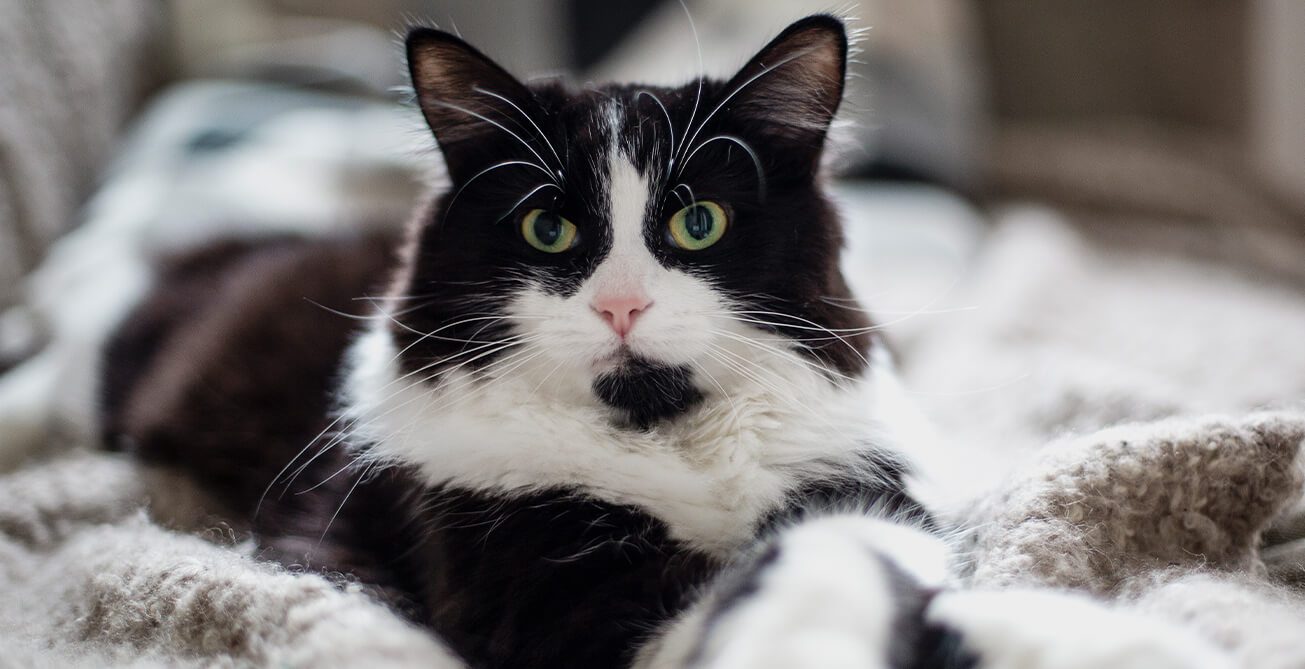Cat vaccinations protect our furry friends from illnesses that can be fatal. Although it is true that as your cat grows up, they also strengthen their immune systems, as kittens they have weak immune systems.
There are some common vaccinations that every cat needs. Many veterinarians, for instance, recommend vaccinations to begin around 6 weeks. One vaccination is not enough though, each year, your cat should receive a booster on certain vaccines.

How Do Vaccinations Work?
Before we can take a deep dive into what vaccinations your cat will need during their life, it is best to understand how vaccinations work. Vaccines are typically given in the form of injections and introduce your cat to a pathogen that is less dangerous than the actual illness.
The introduction usually occurs as your cat is still growing. This way, their immune systems recognize and build an immunity to the pathogen. For some cats, it takes multiple booster shots to strengthen their immune system.
Types of Vaccinations
Not all vaccines are made the same. However, there are a few specific vaccines that all cats should receive and use. These vaccines are: rabies shots, the FVRCP combination shot, Bordetella, and the feline leukemia shot.
Rabies Vaccine
Rabies is a highly contagious disease that infects animals and causes severe effects like inflammation to the brain. This inflammation causes a drastic change in your cat’s personality including aggression.
The aggression can also be followed by an excessive production of saliva often depicted as foam. Rabies is contagious through saliva and humans can become infected if a cat bites them. Rabies vaccinations allow for your cat’s body to build immunity to this illness.
The FVRCP Combination Shot
This type of vaccine combines various contagious infections that can be fatal to your cat. One of the illnesses this vaccine helps combat against is feline viral rhinotracheitis. During this condition, a cat suffers from respiratory infections that can make it hard for your furry friend to breathe.
Experts recommend kittens get this vaccine as young as 6 weeks old. The virus and infection are especially dangerous to young kittens that do not have a strong immune system.
Bordetella Vaccine
Bordetella is a respiratory infection that widely spreads. This super contagious infection can cause your cat’s lungs to swell, making it hard to breathe. Most of the time, the cats with this infection are outdoor or shelter cats.
Since it spreads too quickly, it is best to vaccinate your kitten with the Bordetella vaccine. This is especially recommended for cats that spend time outdoors or with other cats. The illness develops quickly from a light sneeze to heavy coughing that affects breathing.
The Feline Leukemia Vaccine
Sadly, cats are susceptible to developing serious conditions like feline leukemia. According to one study, they found that over 85% of cats perish because of feline leukemia. Although all cats are at risk, there are ways to decrease the chances.
The feline leukemia vaccine introduces a safe strain that only causes temporary side effects. This can build your cat’s immunity to leukemia. However, you should keep your cat away from other sick animals.
What Happens if Your Cat Does Not Get Vaccinated?
Vaccinations are a big part of preventative care for cats. So, what are the risks if your cat does not get vaccinated? There are many. It is not safe to simply wait for other cats to get vaccinated before your own because even vaccinated cats can carry diseases without actively displaying symptoms.
In other words, your cat can still get infected with a fatal illness even if other cats around them are vaccinated. It is also important to note that you never know if you own cat carries a specific bacteria or virus. It is best to be safe than sorry.
We Offer Cat Vaccinations at Our Moline, IL, Animal Hospital
All in all, it is important to get your cat vaccinated. However, you should first understand what each vaccination does. Before you get a vaccine for your feline friend, you should also consult their vet. Some cats have allergies to ingredients in the vaccines.
Stop by our Moline, IL, animal hospital if your cat is in need of vaccinations.
